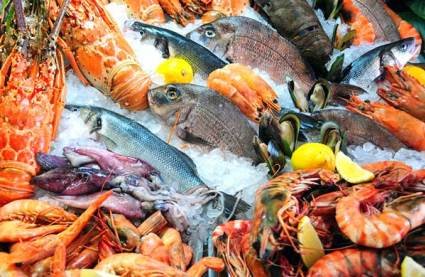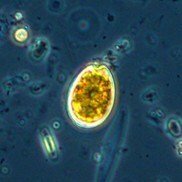Thursday, 12 February 2026
Japan’s seafood exports to China tumbles by 33% in July due to radioactivity inspections
China has implemented stricter radioactivity inspections of Japanese seafood and banned imports of fresh fish from Japan since July China’s Foreign Ministry spokesperson strongly urged Japan to cancel its plan…

China has implemented stricter radioactivity inspections of Japanese seafood and banned imports of fresh fish from Japan since July
China’s Foreign Ministry spokesperson strongly urged Japan to cancel its plan to release nuclear-contaminated water into the sea and dispose of it responsibly. The statement was made in Beijing.
China has implemented stricter radioactivity inspections of Japanese seafood and banned imports of fresh fish from Japan since July. This is due to the risk of the Fukushima nuclear-contaminated water being released into the Pacific Ocean.
Japan’s seafood exports to China dropped by 33.7 per cent in July, reaching 234.51 million yuan (4.6 billion yen), as reported by the General Administration of Customs in China.
China is Japan’s biggest seafood destination, with seafood contributing 87.1 billion yen. Scallops, sea cucumbers, bonito, and tuna were among the top items.
Japan exported agricultural, forestry, and marine products worth ¥278.2 billion ($2 billion) to China last year, says the Ministry of Agriculture, Forestry and Fisheries.
Following the 2011 tsunami and earthquake, China banned the import of food and agricultural products from five Japanese prefectures. The ban has since expanded to cover 10 out of Japan’s 47 prefectures, making China the largest importer of Japanese seafood.
According to Chinese media, authorities in Zhejiang province in Eastern China seized Japanese food items sold by a local company due to tightened controls on Japanese food imports after Tokyo’s plan to release radioactive water into the ocean.
The authorities in Jiashan County, located in the province, confiscated candy, chocolate, and beverages from Fukushima and two other prefectures. They also ordered the company to improve its business practices, according to the report.
The local authorities cracked down on seafood imports from Japan after Beijing initiated radiation testing last month.
Rice imports from Japan, as well as other food and beverages, have been delayed at Chinese customs due to recent testing protocols, according to sources familiar with the bilateral relationship.
Japan is planning to release treated water from the Fukushima plant into the ocean in late August or early September. China has strongly opposed the plan.
Japan’s ocean discharge plan has been repeatedly questioned by the international community over the past two years due to concerns about the long-term reliability of the purification facility, the accuracy of the nuclear-contaminated water data and the effectiveness of the monitoring arrangement. The move away from Japanese seafood could accelerate once the water discharge begins.
Shraddha Warde
shraddha.warde@mmactiv.com
Technology
Barry Callebaut Opens Global Innovation Centre in Singapore
Feb 11, 2026 | Company News
Blueberries Built for Export, Consistency and Premium Programs
Feb 09, 2026 | Food
Australia Approves Commercial Release of GM Purple Tomato
Feb 06, 2026 | Australia
Food Testing
AFNOR International Eyes Global Food Safety Growth with HACCP Group Takeover
Feb 04, 2026 | Australia
Incheon National University researchers uncover hidden toxin risks during nutrient-starved algal blooms
Feb 02, 2026 | Food Safety and Testing
How audit-led approaches are reinforcing trust in retail food safety
Feb 02, 2026 | Food Safety and Testing
More Popular
JBS to Establish Middle East’s Largest Regional Investment in Oman
Feb 12, 2026 | Company News
Unilever Reports Resilient 2025 Performance; Foods Business Delivers Steady Growth
Feb 12, 2026 | Company News
Heineken Delivers Resilient 2025 Performance, Launches EverGreen 2030
Feb 12, 2026 | Beverages






